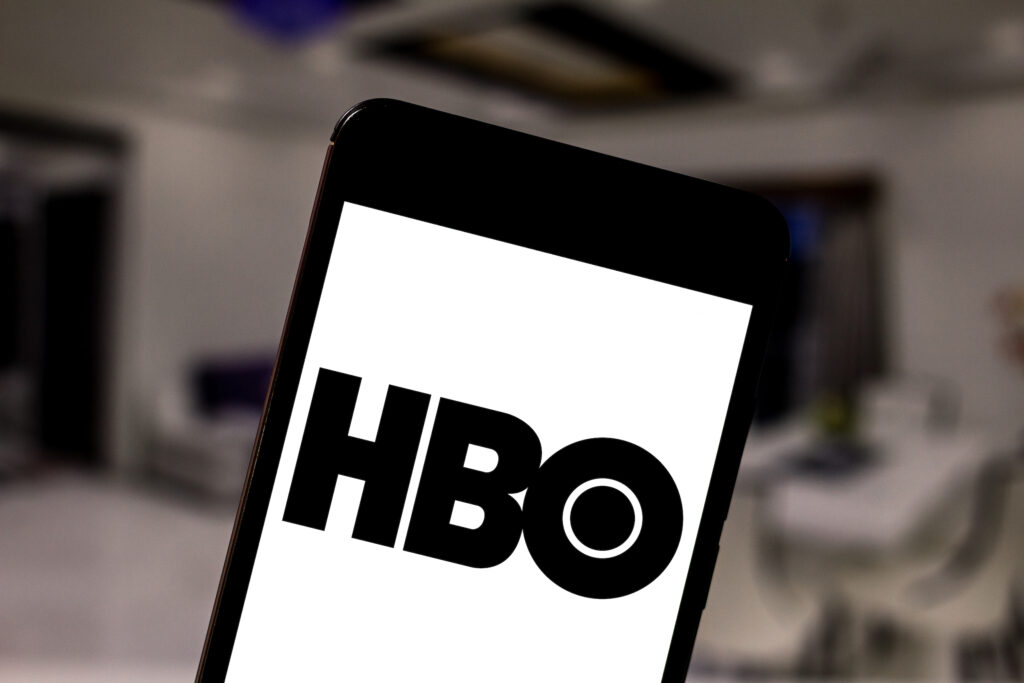From Game of Thrones to Sex and the City to The Sopranos, HBO is known for putting out award-winning entertainment gold. The owner of the company is definitely making bank on it.
HBO is owned by Warner Media which is owned by AT&T, a public company owned by shareholders. The biggest shareholders are the investment companies Vanguard, State Street, and BlackRock. The largest individual shareholders are AT&T’s Executive Chairman Randall Stephenson, CFO John Stephens, and Senior Executive Vice President of Human Resources William Blase.

Scroll down to read more about when HBO was founded, how it was sold to AT&T, and what other companies are under the AT&T umbrella.
HBO’s Founding
In the 1970s, a man named Charles Dolan came up with the idea of offering a premium cable television channel. He felt there was an untapped market for this content.
Charles Dolan was an entrepreneur and this idea that he had wasn’t the first. In the 1950s, Dolan founded the first company to ever wire buildings to have access to cable television.
That company was named Sterling Manhattan Cable and it created agreements to bring people sports, movies, and cultural programming to be viewed all from the comfort of home. The cable company was backed by Time Inc.
It was while his cable company was struggling that he conceived the idea mentioned above. A premium cable channel like no other that would offer high-quality thought-provoking shows for a price.
Dolan needed to create something that would turn a profit for Sterling so he approached the management of his company with the idea. Originally, it was called ‘The Green Channel.’
Little did he know that this idea of a subscription-based premium channel would change the face of television as it was known. Up to this point, cable television was not profitable and it was constantly at odds with the broadcast television networks and film industry.
It was seen as a threat to their success and the Federal Communications Commission (FCC) had restrictions on the type of programming that could be offered. The FCC eventually ruled that the government couldn’t restrict subscription TV services.
So it was that in 1971, Sterling launched ‘The Green Channel’ which had been renamed Home Box Office (HBO). The channel began by showing NHL games but slowly grew into the giant we know today.
The development of HBO throughout the ages has also been against the grain of mainstream entertainment that focuses on profit. HBO has consistently focused on putting out artistically driven shows and films that provide quality content.
Although it was eventually acquired, the media company continues to follow the guise of quality over quantity.
You can learn more about HBO’s history by watching the below video from Fast Company.
HBO Is Acquired by AT&T
With the financial backing from Time Inc., HBO was always controlled by Time. In 1989, Time Inc. and Warner Communications announced that they would be merging.
The merger resulted in the creation of Time Warner. As a part of Time Warner, HBO saw the successful launch of more channels including Comedy Central and HBO PPV for sports viewing.
As a part of Time Warner, we saw the dawn of an age where quality television was being shown on HBO. Then in late 2016, AT&T made an offer to acquire Time Warner for $108.7 billion.
By February 2017, the Time Warner shareholders had approved the acquisition. However, the U.S. Department of Justice decided that the agreement was an anti-trust issue and attempted to block the acquisitions.
Their efforts were fruitless and Time Warner, including HBO, entered into ownership by AT&T and its shareholders on June 14, 2018.
AT&T’s Other Subsidiaries
HBO is just one of many AT&T subsidiaries. Every single company that was under the Time Warner umbrella is now under the AT&T umbrella too.
That umbrella includes all of AT&T’s telephone and wireless companies. BellSouth and all of the Bell telecommunications companies are owned by AT&T.
Then there is DirecTV, Sky Brasil, SBC, Univel, and Vyatta to name a few more.
When AT&T acquired TimeWarner, the companies in that conglomerate also included Adult Swim, Cartoon Network, Cinemax, DC Comics, Crunchyroll, TBS, TNT, and Boomerang.
It was a big acquisition but worth it for the profits that these companies bring in.